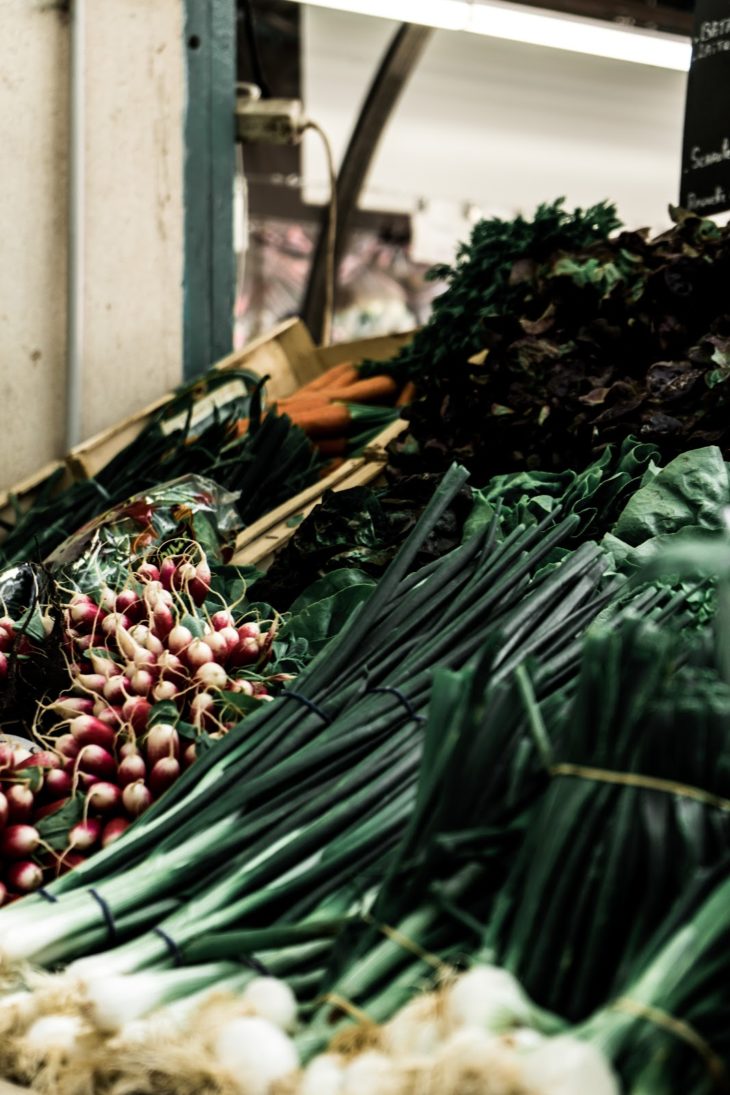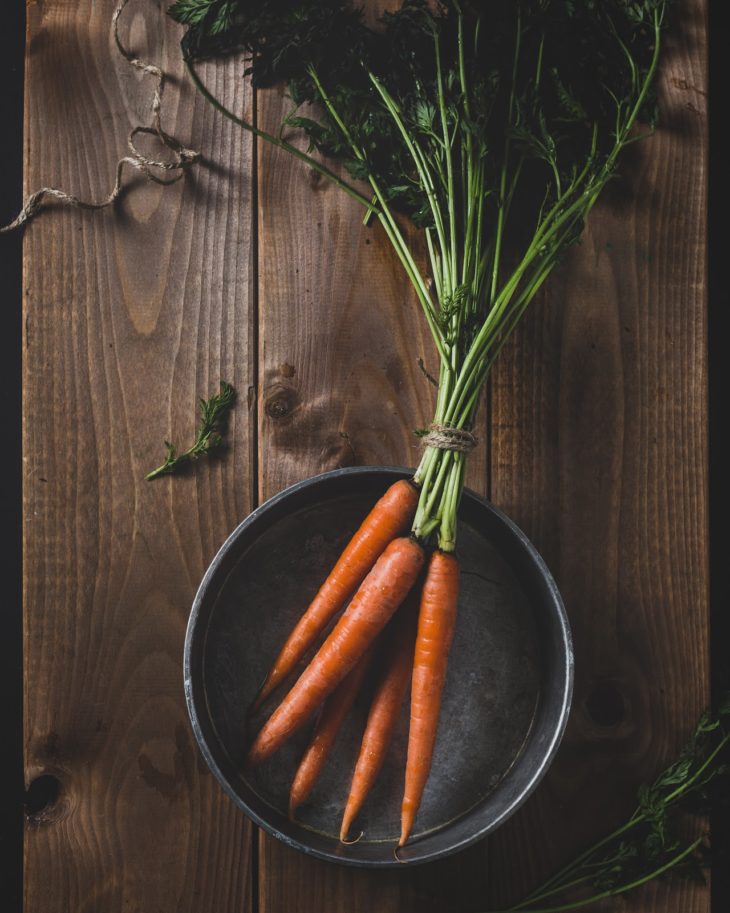Yes! If you eat plant-based whole foods, your body can get just about everything that it needs.
Contents
Firstly, what is this diet?
What is a plant-based, whole food diet? To clarify, it does not necessarily mean a vegetarian or vegan diet. That is to say; you can omit meat and/or animal products and still eat highly processed food. On the other hand, eating plant-based whole foods means you eat close to the earth. In other words, your food does not undergo much conversion before it reaches your plate. Further, you may well be vegetarian or vegan – or you may still be eating and animal fats like eggs and dairy alongside your plant-based whole foods. Learn more about plant-based whole foods on Erbology.
Examples of processed foods? For instance, white rice, white pasta, white bread, white sugar. Moreover, fast food. Further, most things in a package – think cookies, sugary cereals, chips, and the like. Additionally, any meat that has been reconstituted – think sausages and lunch meats.

Photo by Artiom Vallat on Unsplash
But why should I be interested?
Most importantly, more and more scientific research points to these types of foods being very bad for health. Research has suggested that 39% of the population in some parts of America is obese. Certainly, obesity and the Western diet that causes it are closely linked to a whole host of health issues. Further, as the Western diet and the Western sedentary lifestyle – drive to work to sit down, drive back home, sit in front of TV some more – spread across the world, these health issues follow.
Chronic diseases include heart disease, cancer, and diabetes. That is to say, these diseases are currently the biggest threat to public health in the Western world. However, unlike acute and infectious diseases, the causes of chronic diseases are sometimes difficult to pin down. In other words, chronic diseases and other maladies are commonly seen today like hypertension are closely linked to the Western diet and lifestyle. Certainly, numerous studies done by scientists backs that up.
But can I get… Protein? Yes!
One of the things that often scares people off this type of diet is a preconception that certain nutrients are more difficult to obtain. Chief among these is usually a protein. But plants contain all nine of the amino acids that your body needs to manufacture protein. Your body cannot make these amino acids on its own but from these come protein. Recently, even top athletes and fitness buffs have been able to get everything they need from a plant-based diet. Often, they even perform better.
That is to say; animal protein is not essential or even the best protein for your body. Moreover, many people believe that we need to consume far more protein than we actually do. Most people only need one gram of protein per kilogram of body weight.

Photo by Free To Use Sounds on Unsplash
But can I get… Healthy fats? Yes!
A few years ago, people thought that fats were the enemy of people eating for health. Now, we know differently. We understand that some fat is necessary to satisfy us and leave us without cravings. Moreover, healthy fats are necessary for the body to operate as it should. However, many people still think that animal fats are the ones that should be included in our eating habits. To clarify, scientists have suggested that including fats from plant-based food may lessen health risks by 16%. On the other hand, turning to animal fats for your intake increased the risk by 21%! Those numbers are pretty convincing.
Good fats in plant-based food include fats from nuts, seeds, plant oils such as rapeseed or oil, and avocado. These fats are monounsaturated and polyunsaturated. In other words, your heart can deal with these fats with more ease than it can the saturated fats that are in meat, dairy, and eggs.
But can I get… Calcium? Yes!
Does calcium automatically bring animal milk, cheese, and yogurt to your mind? That would be thanks to more to the advertising industry than to reality.
According to Successible Life, plant-based foods like tahini, almonds, green leafy vegetables, and sesame seeds can provide you with adequate calcium. There are other possibilities, too. The Association of UK Dietitians has a very helpful guide that can help you ensure that you are serving up balanced plant-based meals.
But can I get…. iron? Yes!
In need of iron? Nuts and seeds head your list of go-to plant-based whole foods. Beans and whole grains figure prominently on it as well. However, iron in plant-based foods can be tougher for your body to absorb. No worries – there’s a way around that. Make sure you accompany your nuts and seeds with foods rich in Vitamin C, like strawberries, citrus fruits, or green leafy vegetables, among other possibilities. Vitamin C will help your body absorb the iron more easily. Sample dish idea? Try a bowl of porridge made with plant-based milk and topped with nuts, seeds, and strawberries. See how non-intimidating that was?
But can I get… Iodine? Yes!
How much iodine your plant-based foods contain will vary depending on where they have been grown. Iodine will have been transmitted from the soil into the roots of the plant, and the iodine content of the soil isn’t consistent. However, sea vegetables tend to be rich in iodine. Think sushi wrapped with seaweed or hijiki seaweed salad. Iodised salt is another possibility, although we would encourage the healthy consumption of sea vegetables once a week instead.

Photo by Mae Mu on Unsplash
But what do I eat?
The leading scientist Dr. Michael Greger is devoted to the study of plant-based whole foods as medicine. Dr. Greger’s recommendations for what foods to include in this type of diet are termed his “Daily Dozen”. In other words, he thinks that every day, you should eat from these twelve food groups. Hey, see how much more varied plant-based eating is than your basic four food groups?
So… Here they are! Flaxseeds, berries, other fruits, beans, nuts, cruciferous vegetables like broccoli and cauliflower. Top off with a variety of spices. Accompany with leafy greens, whole grains, and other vegetables. Serve up with a side of plentiful exercise. There are other ways to view a plant-based whole foods diet. The way you organize your eating will depend on your specific life situation.
But you can get… everything!
